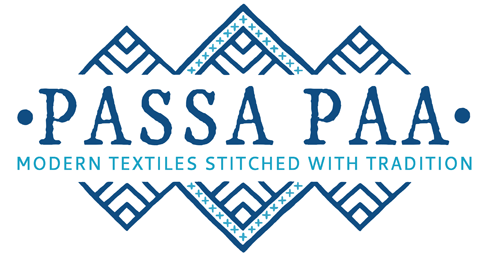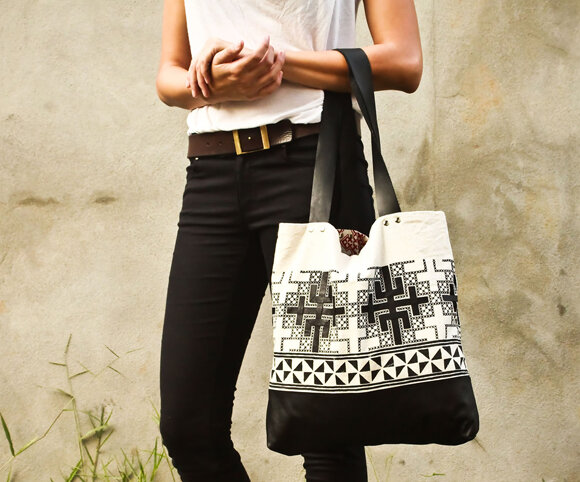Hemp: The thread of tradition and possibilities
Hemp has been cultivated for thousands of years. In fact, some say that it might just be the earliest plant cultivated as a fibre to create textiles. Scientists have found hemp cloths that date back to 8,000 BC. History has traced hemp cultivation to ancient times in China, from 500 AD the Emperor Shen Nung taught his people to cultivate hemp for cloth.
Since then Hemp has been used for just about everything. From cloth and fabrics to making canvas, paper and rope. Till this day, hemp is still surprising entire industries with its possibilities, diverse uses and products that can be made from just one plant.
Hemp in Laos
If you’d traveled through Laos 70 years ago, you would have been able to see how common it was to have hemp being cultivated as a crop. Each family used to have some to make their own clothes and for medicinal purposes. Since then, there are only a few areas in Laos where hemp is still cultivated.
Since the beginnings of Passa Paa, Pok and Heather (our co-founders) saw a need for Hmong artisans and hemp farmers in Laos to find a market for their skills and raw materials. They researched the cultural importance of the traditional Hmong production techniques of hemp and cotton. and realised they had to make a commitment to support it.
Pok’s family is originally from Xieng Khouang Province. She has been able to witness first hand how important it is to support these traditional techniques. Having the ability to sell this raw material gives families an excuse to keep cultivating the crop and teaching this knowledge from generation to generation. Hmong tradition with hemp also includes the batik technique. The cloth is adorned with patterns drawn with bees wax. This wax prevents the indigo to dye the fabric creating beautiful designs.
Apart from its historic and cultural value hemp also has many qualities that make it such a coveted fabric. Its cultivation requires little water and no pesticides or herbicides to grow the plant. It is also known for how sturdy and fast growing it is. The fabric is resistant to mould or mildew and it is proven to be 7 times as strong as other natural textiles.
The hemp we use in our bags and cushions comes from villages nestled high up in the far reaching mountains of Laos, and with such remoteness comes restricted access to villagers wishing to sell their produce.
We’re hoping to reach more and more of these villages in the years to come, to help support their unique skillset and treasured knowledge.
Hemp production and weaving is an annual process and plays a vital role in the culture of Hmong textiles.
When we took our first research trip a long while ago to a village that produced hemp, we were blown away by what it took to arrive at the finished cloth. A slightly abbreviated list of the processes includes:
•
-The plant stem: This is dried and then ‘retted’ a process to enable separating the fibres.
-The fibres: These are soaked and pounded, then spun into yarns, and then into skeins.
-After, they are boiled in ash water and soaked in a local river.
It doesn't end there...!
The yarns are flattened on a rock by a natural see-saw, made with a large rock and a tree trunk (see the picture below!)
• The fabric: A warp is prepared for a loom, then woven into narrow strips traditionally about 40cm wide by 4 m long.
This is the very definition of a hand-made, hands-on process, which has time travelled through countless years.
At Passa Paa we honour and respect the plant and its truly hard earned process!
Every product tells a story. This is never more true in Laos, where our products have so many stories to tell.
Every Passa Paa creation is embedded with hand crafted processes, skills honed and mastered from years of practice.
This knowledge is echoed through generations ...as long as there is a need for it.
Help us keep this need alive. Helps us keep weaving through history with this traditional thread full of possibilities.
If you want to purchase any of our hemp made products, head to our shop!
https://www.passa-paa.com/shop?category=bags











